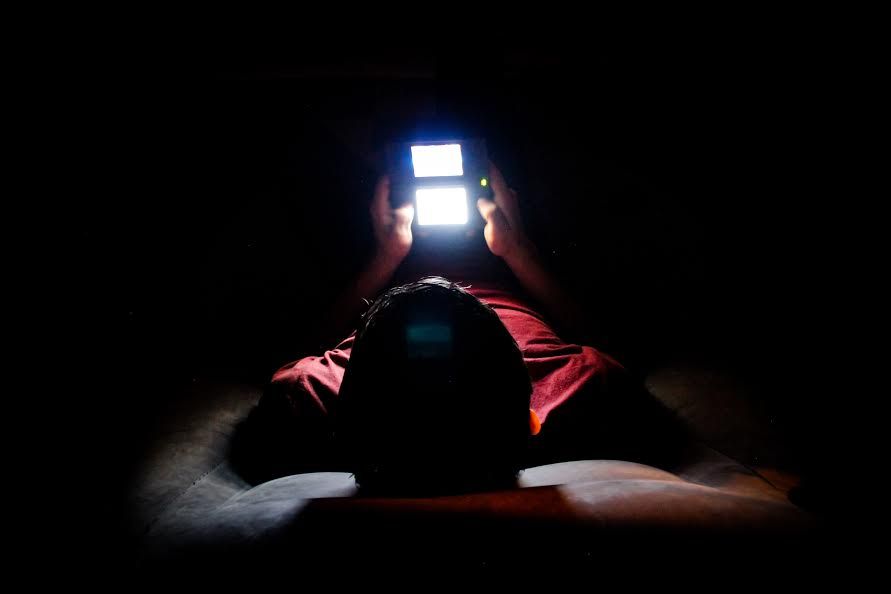Video games present virtual distraction
December 10, 2015
Losing track of time is easy. It’s even easier if one is engrossed in a virtual world.
Sometimes students sit down to play what they said was only going to be 30 minutes of a video game, whether it be “The Legend of Zelda,” “Call of Duty” or “Candy Crush Saga” on their cellphone. Suddenly, it’s been two hours, and they still haven’t started their homework or that big research paper due at midnight.
Video games are just one distraction, one that humans seem to blame more prominently than others, said Doug Gentile, associate professor of psychology.
“Video games are only a small part of what distracts students from their academics,” Gentile said.
Gentile said educationally speaking, some games are beneficial and have transferable aspects to them.
“Students who participate in video game activities that may be focused on stories and have lots of reading can often improve their comprehension,” said Reynol Junco, associate professor in the School of Education.
Gentile said in that sense, video games have the ability to help education. However, they also have the ability to hinder education.
Gentile shared a study that he does with his Psychology 101 class in which he has students share how many times they check their phones during class.
He then took that data and compared it to each student’s grade. His small study found that students who use their phones during class tend to have a grade that is two letters below those who do not use their phones.
However, these results are based on a usage of cellphone media in general and not specifically a video game, Gentile said.
Yet the general principal is the same. Gentile said the harm can outweigh the benefits.
He added that when students say playing video games is a stress reliever, they may be wrong. This is because when they stop playing, they could experience withdrawals.
Withdrawal ends up being more of a distraction. Gentile said when students step away from a video game, they may focus on the lack of access to the video game. A user has set himself or herself up to be more distracted on a regular basis through this process.
Junco agreed with Gentile, saying that media in general is more of a distraction than video games individually.
“Video games are a distraction if one makes them a distraction,” Junco said. “You have to know yourself to know whether or not you can handle video games and studying intermittently.”
Ethan Claude, freshman in pre-business, agrees with Junco, saying students must have time management in order to play video games without harm.
“As long as you monitor yourself and make sure that your academics come first,” Claude said in regards to video games and schoolwork.
He added that he, a video gamer himself, has had no problems with video games and time management while at school.
When asked, Junco said the time of day students play video games doesn’t change their effect. It makes no difference if someone plays them at 7 a.m. or 9 p.m.
However, every student learns differently, and their learning styles can change the effect video games, and media in general, have on their academics, Junco said.
Junco said that students all learn differently: some can multitask with a million distractions and some need complete silence in order to learn.
Even though Junco thinks that video games can be a stress reliever, he said that they can also be somewhat of an addiction. Some students may think only about wanting to go home and game versus focusing on class or their readings, Junco said.
This is comparable to that of a person not being able to put down a really good book.
Gentile said that studying is a great commitment to a student’s learning, and playing video games can take away from such a commitment. He added that video games can be detrimental to a student’s grades, G.P.A. and eligibility for future funding and scholarships.
However, Gentile said that the real problem isn’t in video games, books nor any other distraction.
“Video games are not the distraction, we are,” Gentile said. “We set ourselves up to be distracted. Whether it’s video games or not, we are to blame.”

















